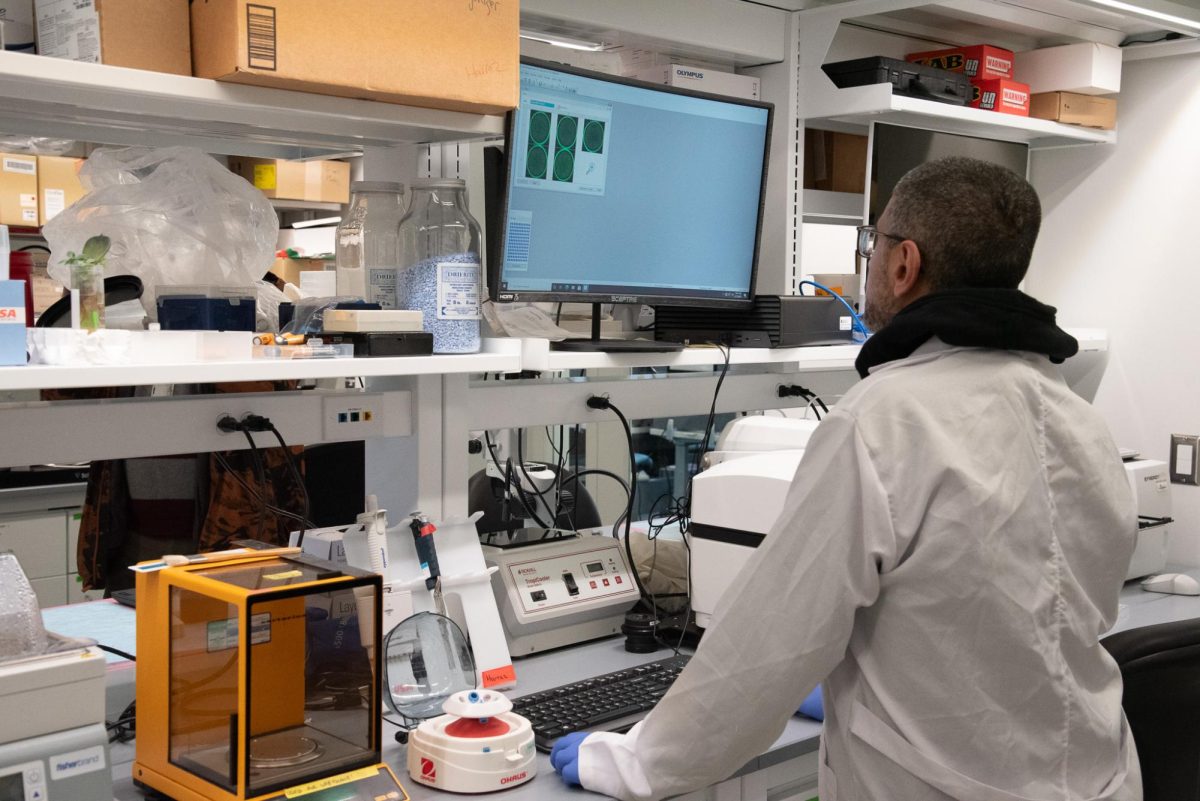Chronic pain and anxiety may be treated differently thanks to UVM researchers.
A recent study conducted by professor Victor May of the neurological sciences department has found links between those who suffer from chronic pain and the occurrence of anxiety disorders.
The study targeted the release of pituitary adenylate cyclase activating polypeptide, a neurotransmitter associated with stress, which was also seen in response to pain.
Using lab mice, May and the study’s co-authors found PACAP is released by both stress and chronic neuropathic pain.
“Our observations are important because the PACAP neurotransmitter system represents a novel target and approach to the treatment of chronic pain and anxiety-related disorders,” May said.
The study has been published in the scientific journal Biological Psychiatry, and was co-authored by numerous current and former UVM professors and graduate students.
Its conclusion states, “observations suggest that interventions in PACAP signaling during the progression of pain and associated behavioral responses may have therapeutic utility in improving disorder outcomes.”
These findings suggest future means of treating both chronic pain and various anxiety disorders by targeting this pathway with already common opioids and methods of treatment, but with less risks, May said.
“If used in conjunction with current treatments, allowing the use of current drugs at lower doses to mitigate the unwanted side effects,” he said.
Current drugs for treating chronic pain most commonly include opiods, May said.
“These drugs have obvious difficulties in that they do not work for everyone, they can have [harmful] side effects and the opioids are addictive,” he said.
The new receptor drug increases the number of options patients have for treatment, May said.
While promising, this study raises some concerns in regular students.
“It sounds like it could work, but everybody’s different and not every case is exactly the same,” sophomore Abi Herianto said.
Herianto also expressed concern over testing.
“I think it ought to be tested out more before claiming it’s a solution to both,” he said.














